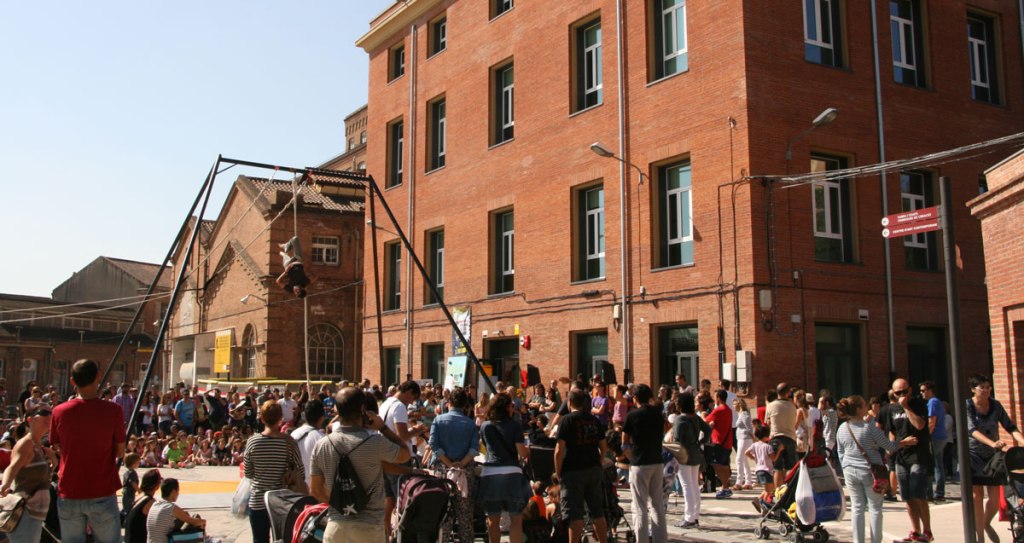
Dr Marina Pera from Autonomous University of Barcelona is presenting a critical analysis of the asset transfer policies in Barcelona at our next INLOGOV seminar, which starts at noon on Thursday 30th November at our Edgbaston campus.
Marina will examine opportunities and risks raised by citizen management of municipal assets, taking a community empowerment perspective.
Barcelona is a city with a long tradition of neighbourhood associations, community and cultural centres run by citizens. Since the 1970s, in response to citizens’ demands, a number of municipal assets have been transferred to local non-profit organisations with economic support from the City Council.
The transfer of these assets was decentralised to the administrative districts, which in some cases led to practices of co-option and clientelism. In 2015, the Bases de gestió cívica (civic management legal basis) was collaboratively designed and approved: a local regulation that standardises the allotment of assets, increasing transparency on asset transfers. However, the Bases of gestió cívica did not solve some of the challenges that had emerged from the collaboration between the local state and community actors. One of the main challenges was the insufficient adaptation of regulations and administrative procedures to the idiosyncrasies of grassroots organisations with low levels of professionalisation. These place a huge burden on these community groups, who had to invest time and resources in bureaucratic procedures, hindering their original mission and accelerating their de-politicisation.
In 2016, with the rise of a progressive government in the city of Barcelona, an ambitious policy was approved, the Citizen Assets Programme (CAP). This policy aimed to recognise, support, and consolidate urban commons: spaces and facilities rooted in the community that were apt to be transferred to non-profit organisations in order to be managed democratically. The CAP thus aimed to empower the community and promote citizen participation. This policy entailed greater transparency and legitimacy surrounding the process of asset transfer and the accountability of grassroots and non-profit groups. However, the Citizen Assets Programme has been facing a number of challenges in terms of legal issues, resistance by public officials and scepticism by non-profit organisations.
Despite the difficulties involved in the implementation of the Citizen Assets Programme, it has presented an opportunity for collaboration between the City Council and the commons. The efforts to create an environment of trust and mutual learning among public officials and community groups has allowed the development of innovative administrative instruments that recognise the transformative work of the commons, through innovative public-commons partnerships. This seminar therefore aims to analyse alternative forms of asset management beyond public direct and outsourcing management, engaging in current debates on collaborative culture in public administration, the dismantling of the welfare state and community empowerment.

Seminar details
The re-arranged seminar will run 4-5pm on Thursday 7th December at the University of Birmingham Edgbaston campus in Muirhead room G15.
Further information, link to attend and registration can be found at the eventbrite.